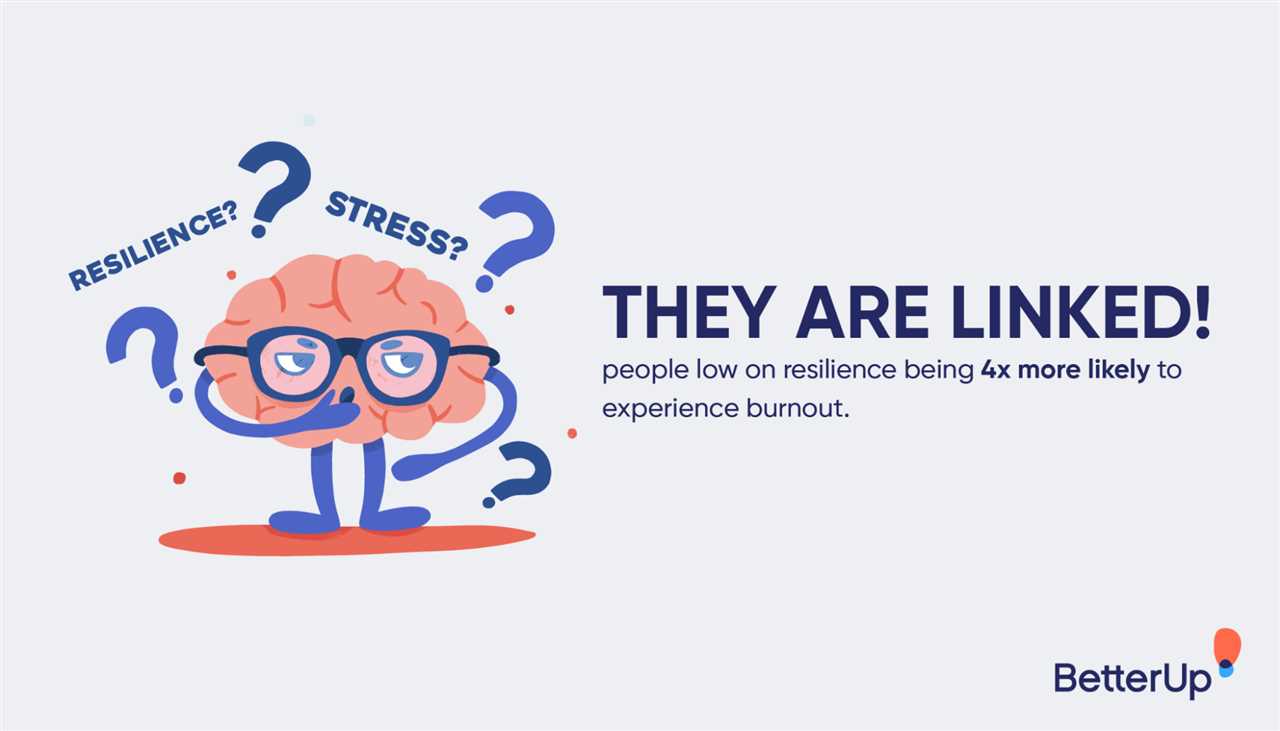
In today’s fast-paced and demanding world, stress has become an inevitable part of our lives. From work pressures to personal challenges, it’s easy to feel overwhelmed. However, developing a stress resilient personality is crucial for our well-being and overall happiness. By practicing self-care, cultivating positivity, and enhancing emotional adaptability, we can build a resilient personality that can effectively cope with stress.
Self-care is the foundation of stress resilience. Taking care of ourselves physically, mentally, and emotionally allows us to recharge and better handle stressful situations. This includes getting enough sleep, eating nutritious meals, and engaging in regular exercise. It also involves setting boundaries and taking time for activities that bring us joy and relaxation. By prioritizing self-care, we can build a strong foundation for managing stress.
Positivity plays a vital role in developing a stress resilient personality. Cultivating a positive mindset and focusing on the good in life can help us navigate through challenging times. It’s important to practice gratitude, celebrate small victories, and surround ourselves with supportive and uplifting people. By adopting a positive outlook, we can build resilience and bounce back from stress more effectively.
Emotional adaptability is another key trait of a stress resilient personality. Life is full of unexpected twists and turns, and being able to adapt to change is essential for managing stress. It’s important to develop healthy coping mechanisms, such as deep breathing exercises or practicing mindfulness, to regulate our emotions during stressful situations. By enhancing our emotional adaptability, we can approach stress with a calmer and more rational mindset.
In conclusion, developing a stress resilient personality requires a combination of self-care, positivity, and emotional adaptability. By prioritizing self-care, cultivating positivity, and enhancing emotional adaptability, we can build a personality that is better equipped to cope with stress. Remember, resilience is not about avoiding stress, but rather, it’s about developing the skills and mindset to navigate through it successfully. With practice and perseverance, we can build a stress resilient personality that leads to a happier and more fulfilling life.
Understanding Stress Resilience
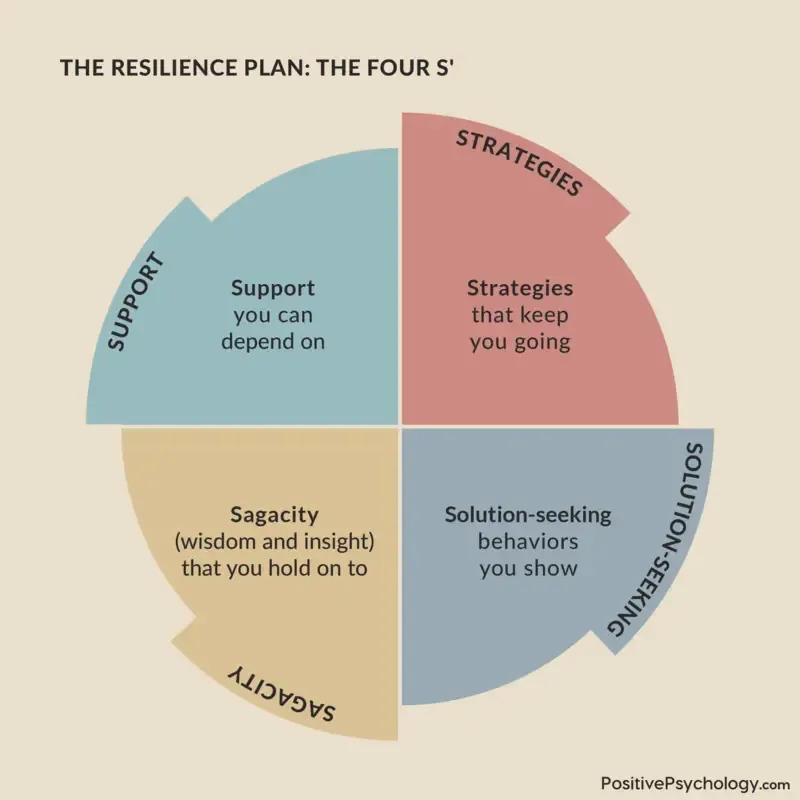
Stress resilience refers to an individual’s ability to adapt and bounce back from stressful situations. It is the capacity to maintain well-being and positivity in the face of adversity. Resilient individuals have a unique personality that allows them to cope with stress more effectively and maintain their emotional balance.
Personality plays a significant role in stress resilience. Some individuals are naturally more resilient due to their inherent traits, while others may need to develop resilience through various strategies and techniques. Resilient individuals tend to have a positive outlook on life, which helps them navigate through challenging situations with optimism and hope.
Coping mechanisms are essential for building stress resilience. Resilient individuals employ healthy coping strategies such as problem-solving, seeking social support, and practicing self-care. They understand the importance of taking care of their physical and emotional well-being, which helps them stay grounded and better equipped to handle stress.
Self-care is a crucial aspect of stress resilience. Resilient individuals prioritize self-care activities that promote relaxation, self-reflection, and emotional well-being. Engaging in activities such as exercise, meditation, journaling, or spending time in nature can help reduce stress and enhance resilience.
Emotional intelligence also plays a vital role in stress resilience. Resilient individuals have a high level of emotional intelligence, which enables them to understand and manage their emotions effectively. They can regulate their emotions and respond to stress in a more adaptive manner, which helps them maintain their resilience.
In conclusion, stress resilience is a valuable trait that can be developed and nurtured. By understanding the role of personality, coping mechanisms, self-care, and emotional intelligence, individuals can cultivate resilience and effectively manage stress in their lives.
Recognizing the Impact of Stress
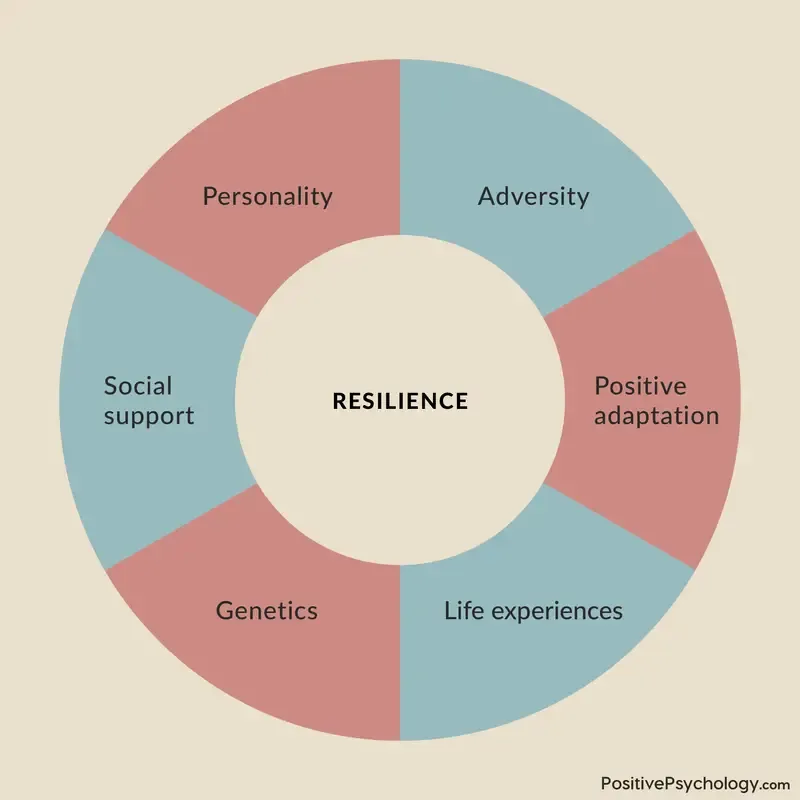
Stress is a natural part of life and can have a significant impact on our overall well-being. It affects not only our physical health, but also our emotional and mental well-being. Recognizing the signs and symptoms of stress is an important step in developing a stress-resilient personality.
Stress can manifest itself in various ways, such as headaches, muscle tension, and fatigue. It can also affect our mood, leading to feelings of irritability, anxiety, or sadness. In some cases, stress can even contribute to the development of mental health disorders, such as depression or anxiety disorders.
Understanding the impact of stress on our lives is crucial for developing effective coping strategies and self-care practices. By recognizing the negative effects of stress, we can take proactive steps to manage it and prevent it from overwhelming us.
One of the key aspects of recognizing stress is being aware of our emotional state. Stress can make us more prone to negative emotions, such as anger or frustration. By acknowledging these emotions and understanding their connection to stress, we can better manage them and prevent them from escalating.
Another important aspect of recognizing stress is understanding its impact on our personality. Stress can influence our behavior and how we interact with others. It can make us more irritable or withdrawn, affecting our relationships and social interactions.
Developing a stress-resilient personality involves cultivating positivity and adaptability. By maintaining a positive mindset, we can better cope with stress and approach challenges with resilience. Additionally, being adaptable allows us to adjust to stressful situations and find effective solutions.
In conclusion, recognizing the impact of stress is essential for developing a stress-resilient personality. By understanding how stress affects us emotionally, mentally, and physically, we can take proactive steps to manage it. Cultivating positivity and adaptability are key strategies for coping with stress and maintaining overall well-being.
Building Emotional Resilience
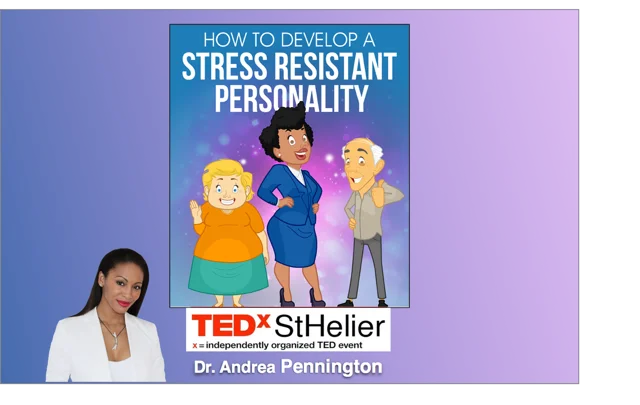
Emotional resilience is the ability to adapt and bounce back from stress, adversity, and life’s challenges. It involves developing a positive mindset and taking care of your emotional well-being. Here are some strategies to help you build emotional resilience:
- Cultivate positivity: Focus on the positive aspects of your life and practice gratitude. This can help shift your mindset and build resilience in the face of stress.
- Manage stress: Find healthy ways to cope with stress, such as exercise, meditation, or spending time in nature. Taking care of your mental and emotional health can enhance your ability to bounce back from difficult situations.
- Build a support system: Surround yourself with supportive and positive people who can provide emotional support and understanding. Having a strong support network can help you navigate challenges more effectively.
- Practice self-care: Take time for yourself and engage in activities that bring you joy and relaxation. Self-care activities can help reduce stress and improve your overall well-being.
- Develop coping skills: Learn healthy coping mechanisms, such as deep breathing exercises, journaling, or talking to a therapist. These skills can help you manage stress and build emotional resilience.
- Embrace adaptability: Life is full of changes and uncertainties. Embracing adaptability can help you navigate these challenges and bounce back stronger.
- Focus on emotional intelligence: Emotional intelligence involves understanding and managing your own emotions, as well as recognizing and empathizing with the emotions of others. Developing emotional intelligence can enhance your resilience and interpersonal relationships.
By implementing these strategies and prioritizing your emotional well-being, you can build a resilient mindset and better navigate the ups and downs of life.
Developing Self-Awareness
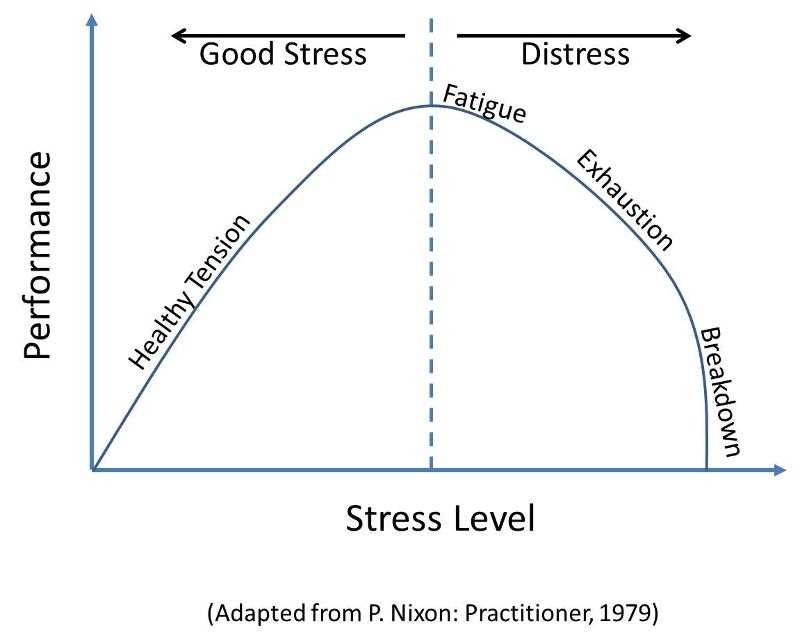
Self-awareness is a fundamental aspect of developing a stress-resilient personality. It involves understanding one’s own emotions, thoughts, and reactions, and how they impact overall well-being. By cultivating self-awareness, individuals can better identify and address sources of stress, allowing for more effective coping strategies and a greater sense of adaptability.
Self-awareness begins with taking the time to reflect on one’s own experiences and emotions. This can be done through journaling, meditation, or simply taking a few moments each day to check in with oneself. By regularly engaging in self-reflection, individuals can gain a deeper understanding of their own patterns of thinking and behavior, and how these patterns may contribute to stress.
Another important aspect of self-awareness is recognizing the signs of stress and knowing when to prioritize self-care. This involves paying attention to both physical and emotional cues, such as increased heart rate, muscle tension, or feelings of irritability or overwhelm. By acknowledging these signs, individuals can take proactive steps to manage stress, such as engaging in relaxation techniques, seeking support from others, or engaging in activities that bring joy and relaxation.
Developing self-awareness also involves being honest with oneself about personal strengths and limitations. This can help individuals identify areas where they may need additional support or resources, and can also help them recognize when they may be taking on too much or pushing themselves beyond their limits. By understanding and accepting one’s own capabilities, individuals can make more informed decisions about how to best manage stress and prioritize self-care.
Overall, self-awareness is a key component of developing a stress-resilient personality. By cultivating self-awareness, individuals can gain a deeper understanding of their own emotions, reactions, and coping mechanisms, allowing them to better navigate stressful situations and maintain emotional well-being. Through self-reflection, recognizing signs of stress, and acknowledging personal strengths and limitations, individuals can build resilience and adaptability in the face of stress.
Cultivating Positive Thinking
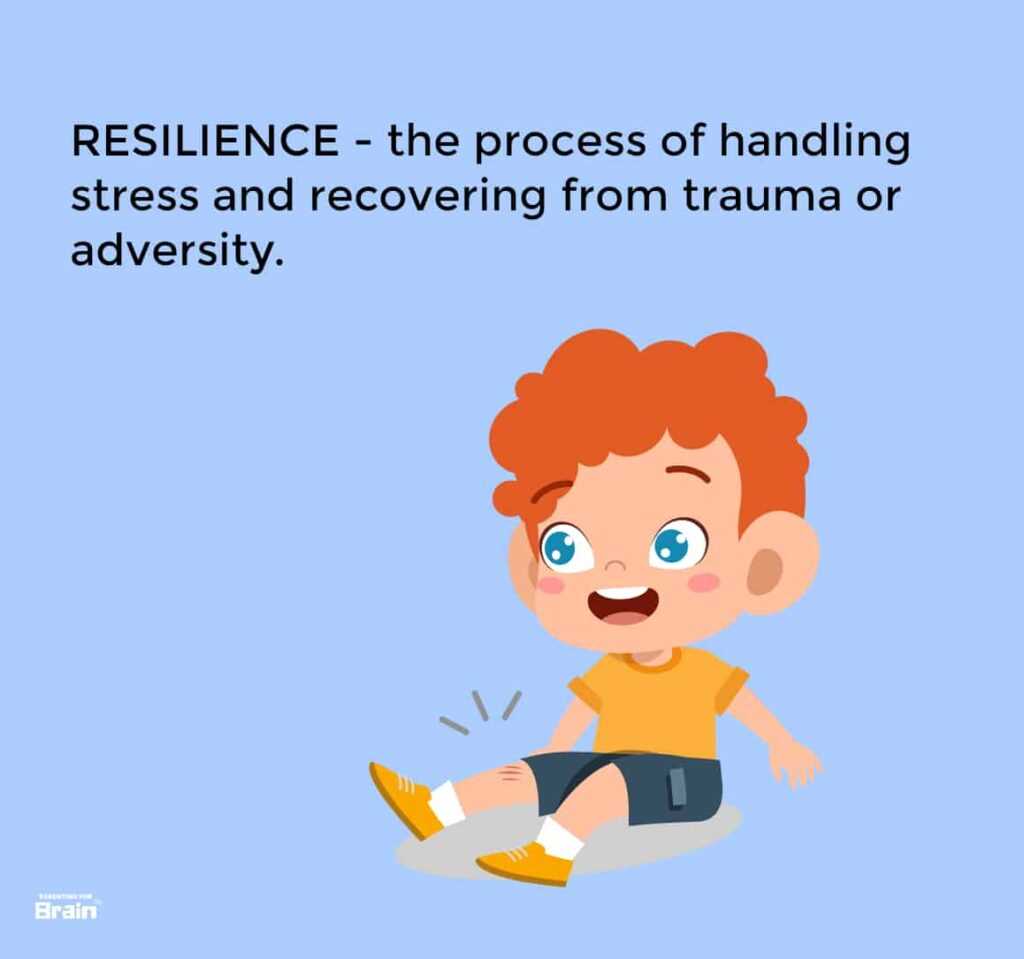
Positive thinking plays a crucial role in developing a stress-resilient personality. It is a mindset that focuses on the good, even in challenging situations, and can greatly impact our well-being and emotional health.
When faced with stress, it is important to practice self-care and prioritize our mental health. Cultivating positivity involves adopting strategies that promote resilience and adaptability.
One effective way to cultivate positive thinking is through gratitude. Taking the time to acknowledge and appreciate the good things in our lives can shift our perspective and help us find joy even in the midst of difficulties.
Another strategy is to reframe negative thoughts. Instead of dwelling on the negative aspects of a situation, try to find the silver lining or focus on the lessons learned. This can help us develop a more optimistic outlook and build resilience in the face of stress.
Practicing mindfulness and self-compassion can also contribute to a positive mindset. Being present in the moment and treating ourselves with kindness and understanding can help us navigate stress with greater ease.
Surrounding ourselves with positive influences is another important aspect of cultivating positivity. Building a support network of friends and loved ones who uplift and encourage us can be instrumental in maintaining a resilient and positive attitude.
In conclusion, cultivating positive thinking is essential for developing a stress-resilient personality. By incorporating strategies such as gratitude, reframing negative thoughts, practicing mindfulness, and surrounding ourselves with positive influences, we can build a more resilient and adaptable personality that promotes well-being and emotional health.
Practicing Mindfulness
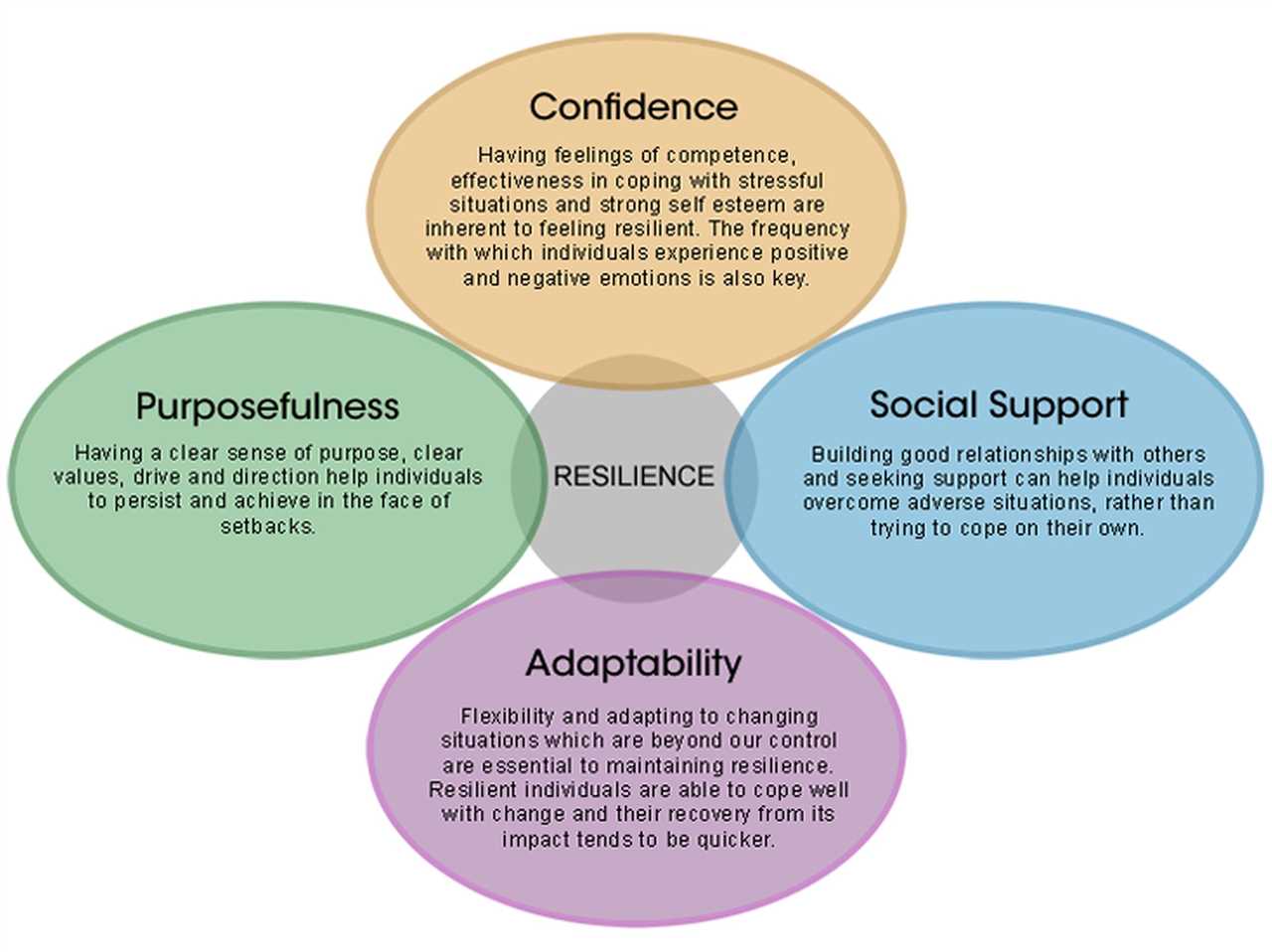
Mindfulness is a powerful tool for developing a stress resilient personality and promoting overall well-being. It involves being fully present in the moment and accepting it without judgment. By practicing mindfulness, individuals can cultivate a sense of adaptability and resilience, enabling them to cope with stress more effectively.
One way to practice mindfulness is through self-care activities that promote emotional well-being. This can include activities such as meditation, deep breathing exercises, and journaling. These practices help individuals to become more aware of their thoughts and emotions, allowing them to better understand and manage their stress levels.
Another aspect of mindfulness is cultivating a positive mindset. By focusing on positive thoughts and reframing negative ones, individuals can develop a more resilient personality. This involves practicing gratitude, engaging in positive self-talk, and surrounding oneself with positivity.
Additionally, incorporating mindfulness into daily routines can be beneficial. This can be done by engaging in activities mindfully, such as eating meals without distractions, taking walks in nature, or simply pausing to appreciate the present moment. By practicing mindfulness in these small ways, individuals can build resilience and develop a more positive outlook on life.
In conclusion, practicing mindfulness is an essential tool for developing a stress resilient personality. By prioritizing self-care, cultivating a positive mindset, and incorporating mindfulness into daily routines, individuals can enhance their well-being and cope with stress more effectively.

I am Patrina de Silva, a psychologist and mental health blogger in Sri Lanka. After obtaining psychology degrees from the University of Colombo and Monash University, I returned home to work as a counselor while also starting the popular blog “Pressy but Happy” to provide advice on psychological issues. Over the past decade, my empathetic articles have made my blog a leading mental health resource in the country. In addition to writing, I maintain a private therapy practice, frequently volunteer counseling time, and conduct seminars, driven by my passion for destigmatizing mental illness and educating the public on the mind-body connection. I strive to be an influential voice in my field through my compassionate approach.
